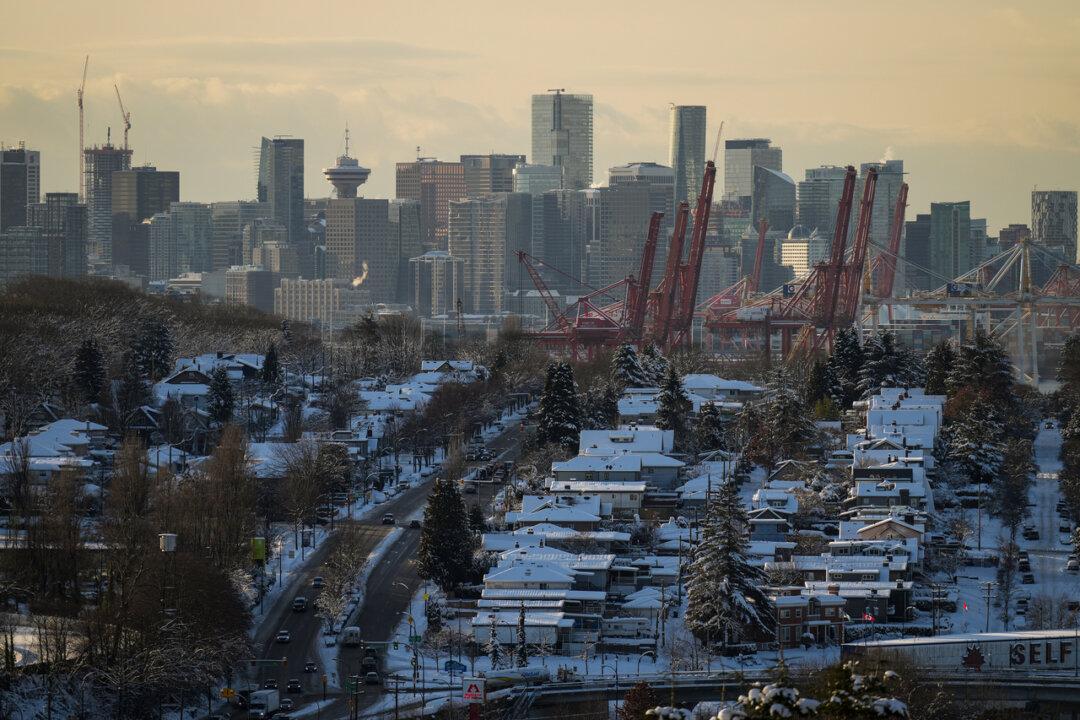British Columbia businesses are expected to pay billions in additional costs imposed by the provincial government over a three-year period, a report finds.
The report released by the Greater Vancouver Board of Trade (GVBOT) says it identified “significant” government-imposed costs that will chip away an additional $6.5 billion from the earnings of business owners between 2022 and 2024, after accounting for saving measures.





